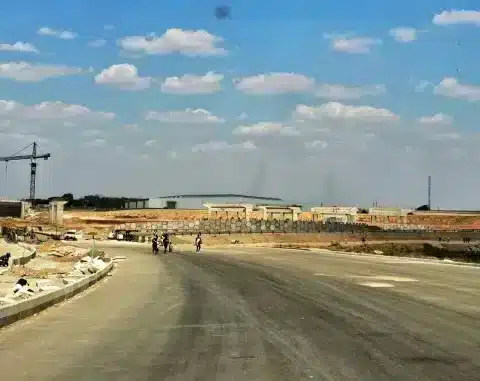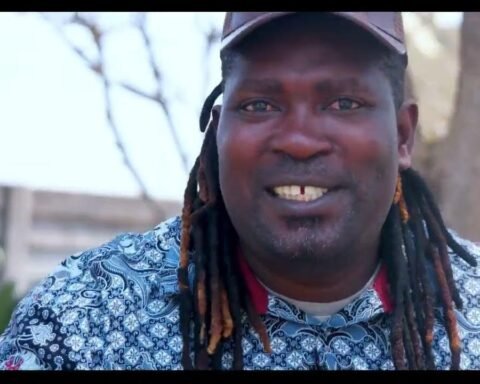The head of Zimbabwe’s military looks set to be appointed vice president as the government said on Monday he would retire pending “redeployment” in what is seen as a reward for leading a de facto coup last month that ended Robert Mugabe’s 37-year rule and brought Emmerson Mnangagwa to power.
Mnangagwa has said he will fill the two vice presidential posts in the next few days and Constantino Chiwenga is the top contender in a reflection of the army’s consolidation of power since it turned against the 93-year-old Mugabe.
Mnangagwa has appointed several senior military officers to his cabinet and the ruling party’s executive Politburo since he was sworn in as president on Nov. 24. Army Commander Phillip Sibanda will succeed Chiwenga as defence forces chief, a government statement said.
“The appointment of Chiwenga…, which I think is inevitable, will be a confirmation that the military is a salient factor in the politics of the country,” said Eldred Masunungure, a political analyst at the University of Zimbabwe.
“It has always exercised its influence in a covert manner but now it’s quite overt and this will further consolidate that coalition between the military and the ruling political elite.”
Mnangagwa appointed Major General Edzai Chimonyo, Zimbabwe’s ambassador to Tanzania, to succeed Sibanda as army commander and promoted a number of other senior army officers to major general.
The government also announced the retirement of police chief Augustine Chihuri, an unpopular Mugabe loyalist who it said has been on leave since Dec. 15. Chihuri was accused by rights groups of presiding over crackdowns on dissent and popular protest in the 18 months before Mugabe was overthrown.
Zimbabwe’s economy collapsed in the latter half of Mugabe’s rule, especially after violent farm seizures of thousands of white-owned commercial farms.
Monday’s announcements came hours after army chiefs declared an end to their military intervention and handed back policing to civilian police.
“Normalcy has now returned to our country. It is for this reason that … we announce the end of Operation Restore Legacy today,” army chief Sibanda said, referring to the name of the intervention which the army said targeted criminals in Mugabe and his wife Grace’s entourage.
Civic groups have been urging the soldiers to leave the streets since Mnangagwa was sworn in to replace Mugabe as president of the southern African country on Nov. 24.
Mnangagwa is under pressure to revive the economy ahead of elections due next year which he said last Friday may be held sooner than expected. The elections are due by July 2018 but some say they may be as early as March.








